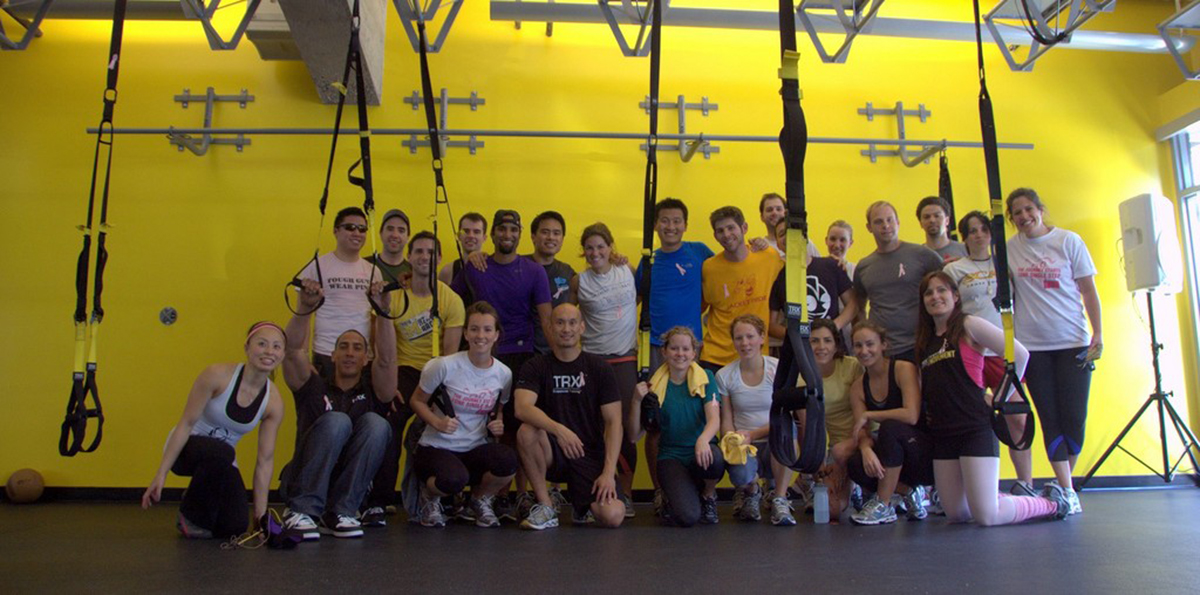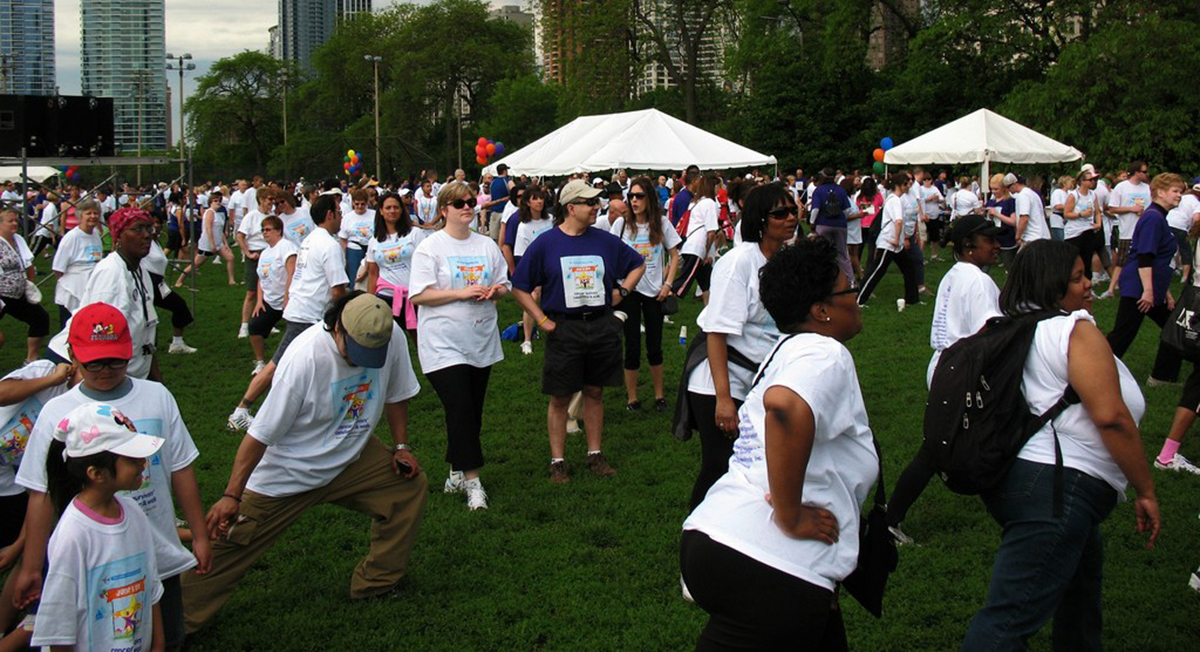My mother fought cancer for nearly 12 years, a full 11 years after she had been told she was in stage IV.
When my mother was first diagnosed, she didn't have grandchildren. She was determined to stay on this earth long enough to have grandchildren, and about seven years later, my brother and his wife made that possible - twice.

Having new and delightful members in the family is a strong reason to live, and my mother fought to the very end. One of her greatest frustrations at the end of her life was, however, she couldn't pick up her grandson. She just didn't have the strength. And she couldn't play with her granddaughter--although she had been as devoted a grandma as she could possibly be during the first few years of their lives.
Maintaining muscle mass can make a tremendous difference in quality of life that makes extending life worthwhile.
Why Muscle Is So Important
Anatomists and physiologists used to tell us that our skeletal muscle is the largest organ in the human body; in recent decades, more and more people carry more fat than muscle. These muscles that power our voluntary movements are still very large organs compared to the rest of our body, and extremely important for reasons we don't usually consider.
Skeletal muscle is powered by glucose. Using our muscles takes glucose out of the bloodstream. Skeletal muscle is also one of the body's sources of last resort for the amino acids it uses to make proteins. When it comes to protein, we actually aren't what we eat. We don't have little bits of bacon or tofu or spinach salad stuck together to make a mosaic in our human tissue.
The digestive tract breaks down the protein in food into individual amino acids. Our bodies can transform some of them, but there are nine amino acids that are "essential," that have to come from food.
When the body uses amino acids, it has to use specific amino acids in a specific order to make proteins that become parts of cells that become parts of tissues that become parts of organs. If the body needs an enzyme or a hormone or another protein right now and the required amino acids are missing from food, it can break down healthy tissues to release the amino acids needed for an even more important enzyme or hormone.
What Cancer Does to Muscle
Even when cancer doesn't invade muscle itself (and it usually doesn't), at one point or another people with cancer get really sick. In the earlier stages of cancer, it's the inactivity that is the problem.
See Also: Fitness May Shield You From Cancer - Even 20 Years Later
You've probably seen many versions of the idea that cancer "feeds" on sugar. The principle could be stated more precisely, but it's certainly true that cancer cells prefer glucose, and lots of it, as their fuel.
How Exercise Makes A Difference In Cancer
Inactivity also affects the muscles themselves. When cancer treatment requires complete bed rest, muscle strength deteriorates at a rate of 1 to 1.5% per day. That means that after three months of bed rest, or maybe a couple of weeks sooner, the muscles have essentially no strength at all.

Even a week in bed can cause muscles to lose torque, or turning power. And muscle mass is depleted from the hips down. The muscles that make up the core and the muscles that are essential for both sitting and walking are the first to be affected. Fingers and toes have some of the last muscles to deteriorate.
Shorter muscles tug at joints. The joints try to compensate for the tension on them by secreting collagen, which takes even more protein. The muscles around the joint become unbalanced, so that motion is more difficult, and exercise gets harder and harder, so the problem gets worse and worse.
Even breathing becomes difficult as pressure on the abdomen increases with the accumulation of fluid. Reduced movement of the intracostal and diaphragmatic muscles forces breathing to come from the abdomen, which is restricted by the accumulation of fluid. This makes recovery still more difficult.
So How Can Cancer Patients Avoid This Awful Sequence of Events?
Cancer patients need to discuss exercise with their oncologists, but here's an important question to ask: Are you in good enough shape to exercise even a few minutes a day? And what can you do safely?
You don't necessarily have to get heavy exercise, and when cancer has spread to the bone weightlifting may be a bad idea, but your muscles need some stimulation so that they continue to take up glucose, depriving the cancer of its sugar.
Gentle motion helps keep joints flexible. And practicing breathing from the bottom of your diaphragm up--again, after you have made sure you don't have metastases to your ribs that might cause fractures if you did--fills your bloodstream with just a little more oxygen, which also fights the cancer.
My mother continued to take long walks, to do much of her own housework, to cook and to drive and to teach and to participate in community affairs for more than 10 of the last 11 years of her life. Her drive was also part of the reason she lived so long.
See Also: Exercise Training For Cancer Survivors
But maybe for you the answer is something simple. As British oncologist David J. Ken puts it:
"I have been in the habit of saying to patients that if you feel tired, listen to your body. Your body is telling you something, so take a nap. It's not about giving in to the cancer but just listening to your body. I might start to reverse that rather blind advice and talk more seriously about exercise. Take the dog for a walk, making sure you that have 30 minutes of exercise every day. I might even consider rather more thoughtful exercise regimens, such as exercise programs that are tailored to the age category of patients that we are seeing. It's something to think about."
- Christensen JF, Jones LW, Andersen JL, Daugaard G, Rorth M, Hojman P. Muscle dysfunction in cancer patients. Ann Oncol. 2014. 25:947-958.
- Ken DJ. Muscle Power to Cancer Patients. http://www.medscape.com/viewarticle/826032. Accessed 9 June 2014.
- Photo courtesy of Maria Ly by Flickr : www.flickr.com/photos/mariachily/5723747364
- Photo courtesy of afunkydamsel by Flickr : www.flickr.com/photos/afunkydamsel/5811788264
- http://emedicine.medscape.com/article/320261-overview#aw2aab6b2 (Free, but registration may be required.)


Your thoughts on this